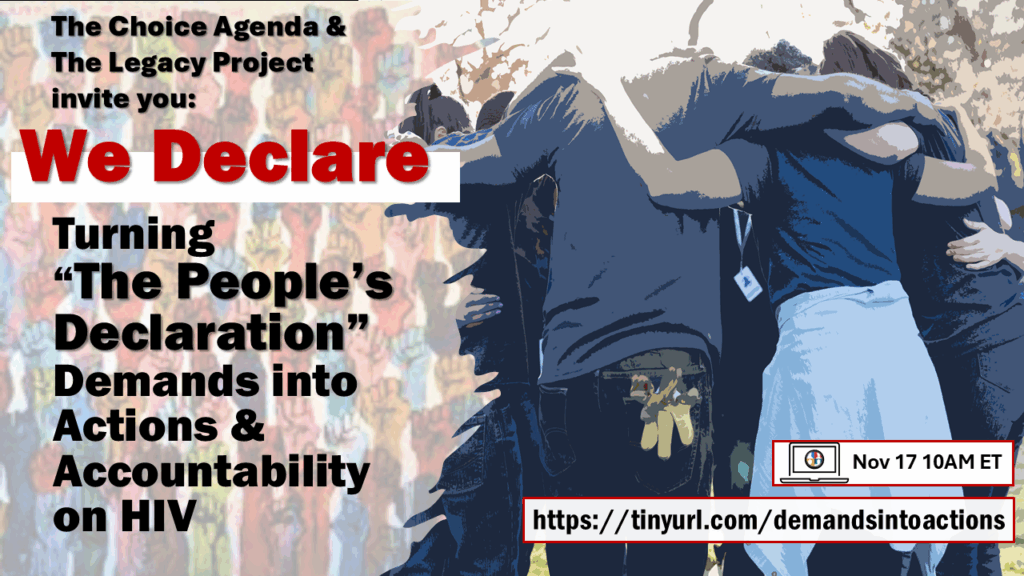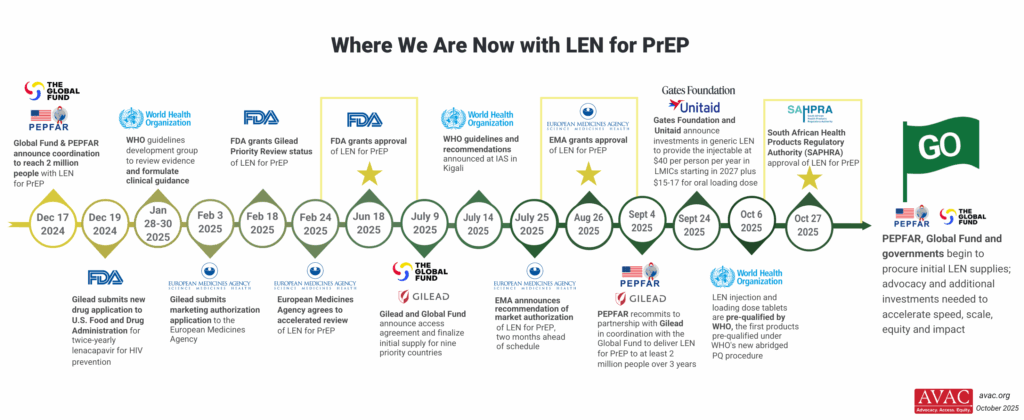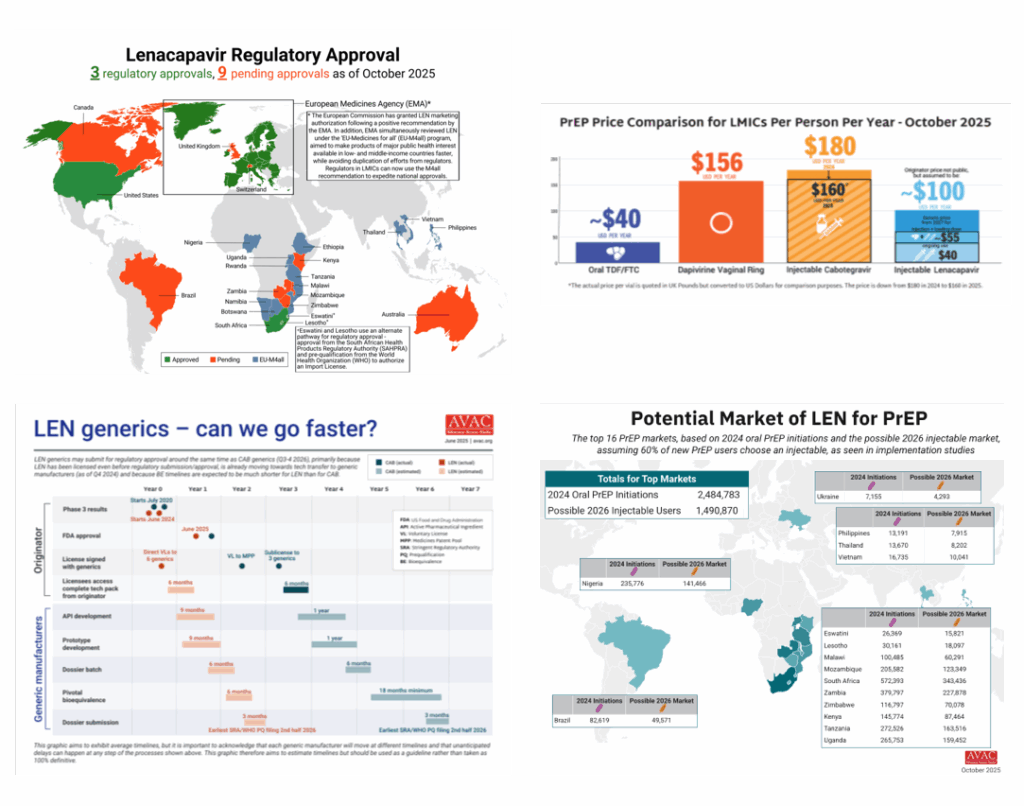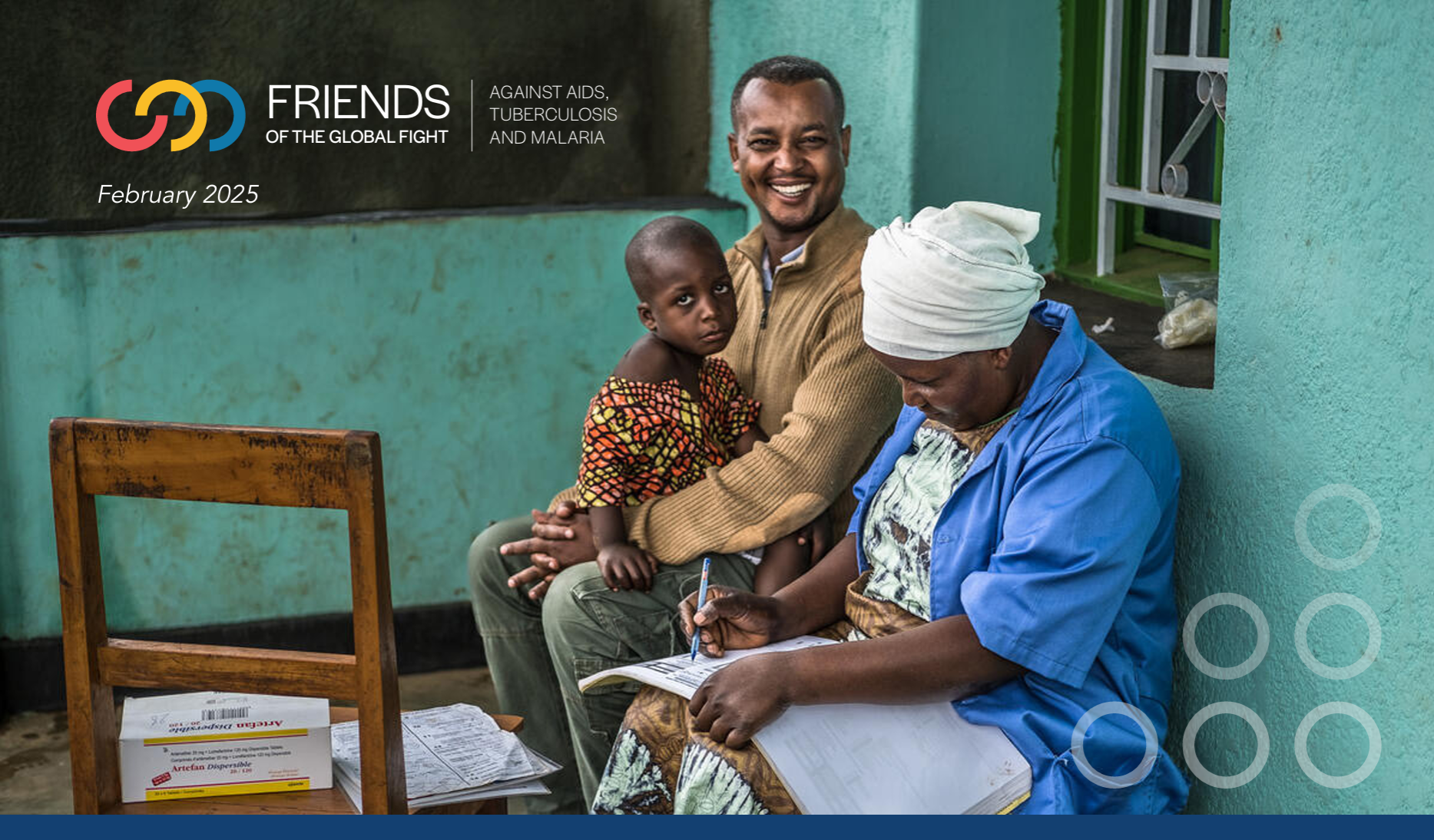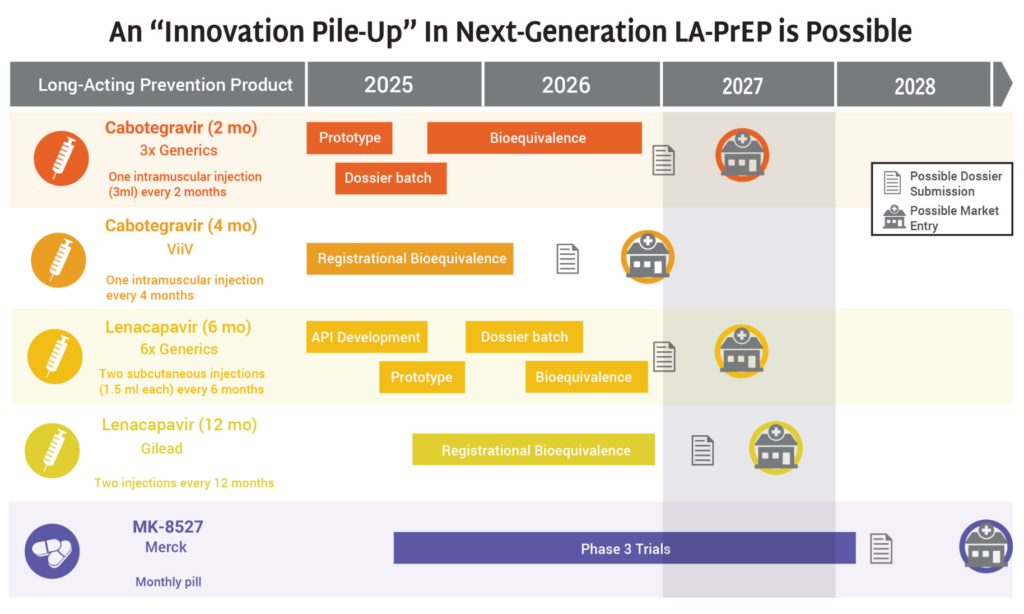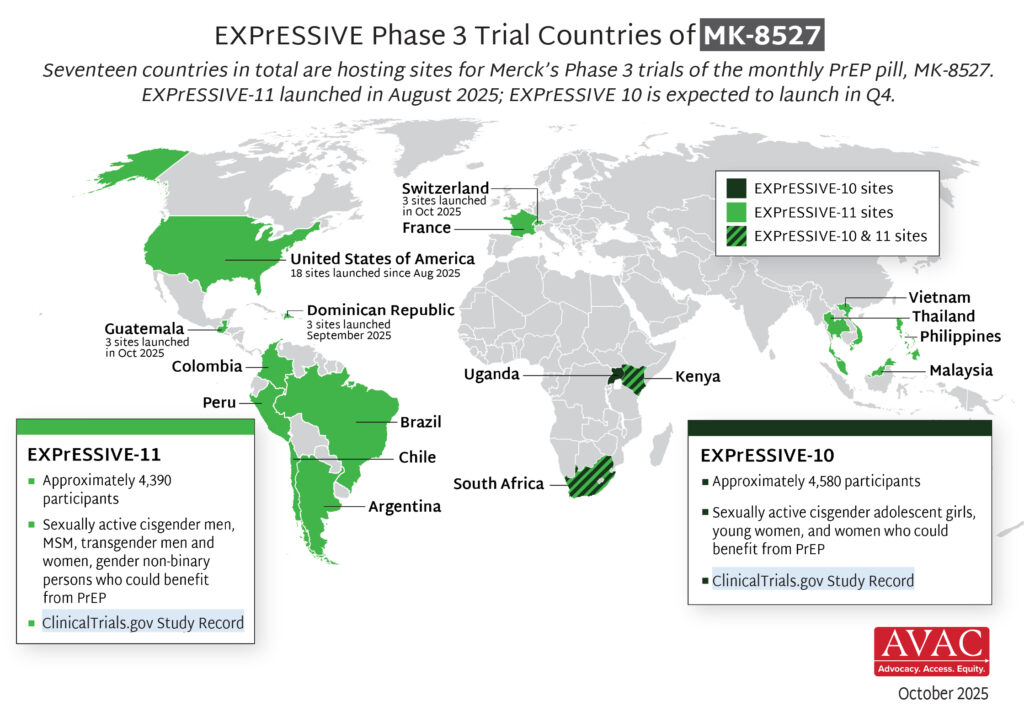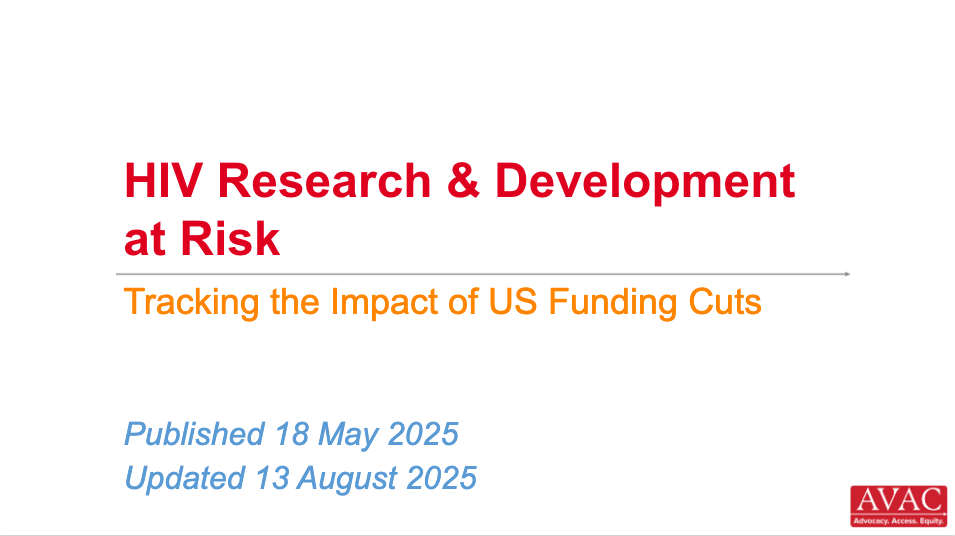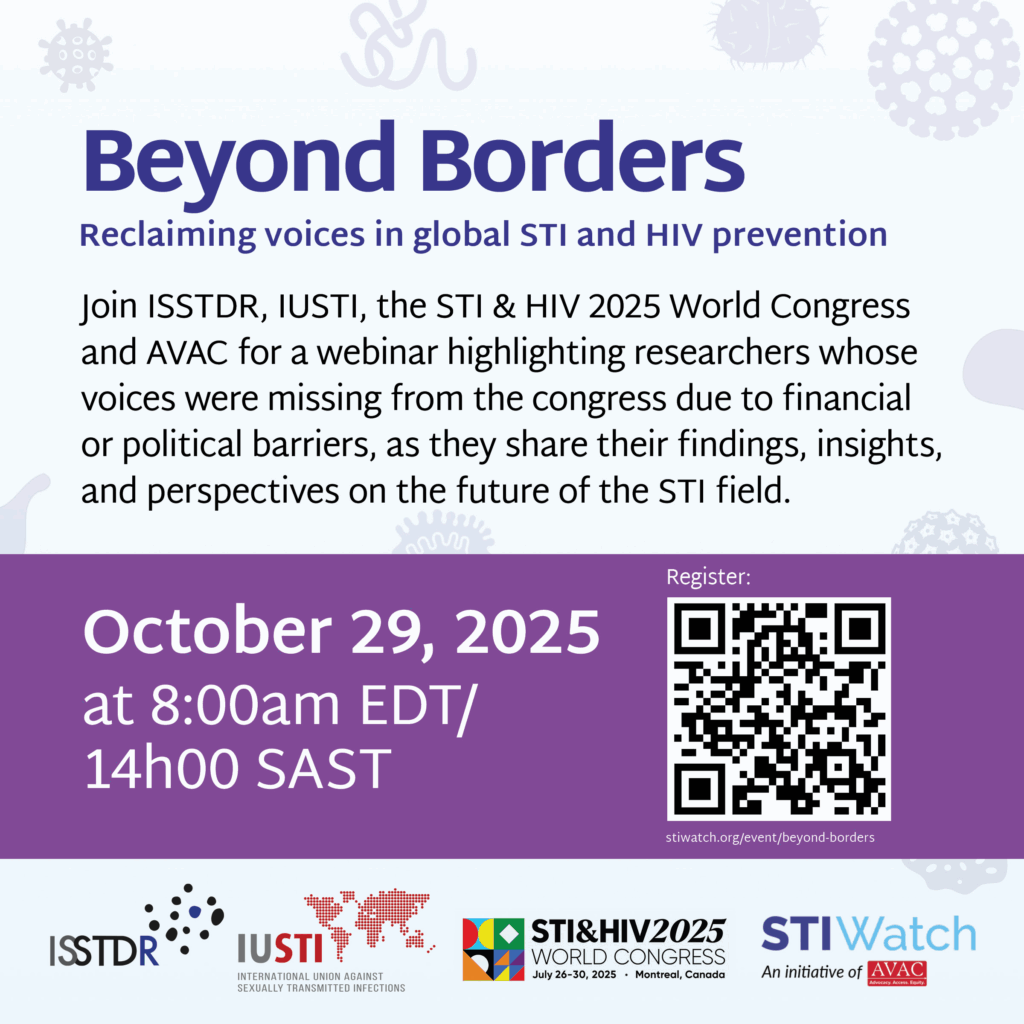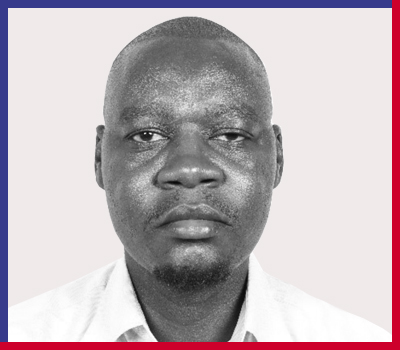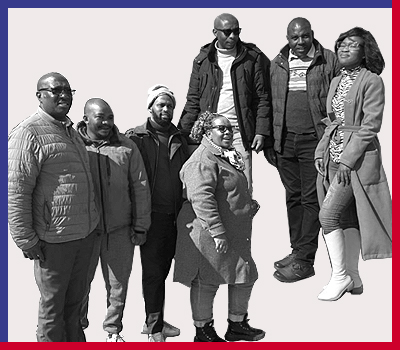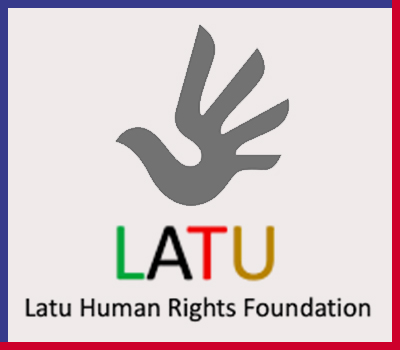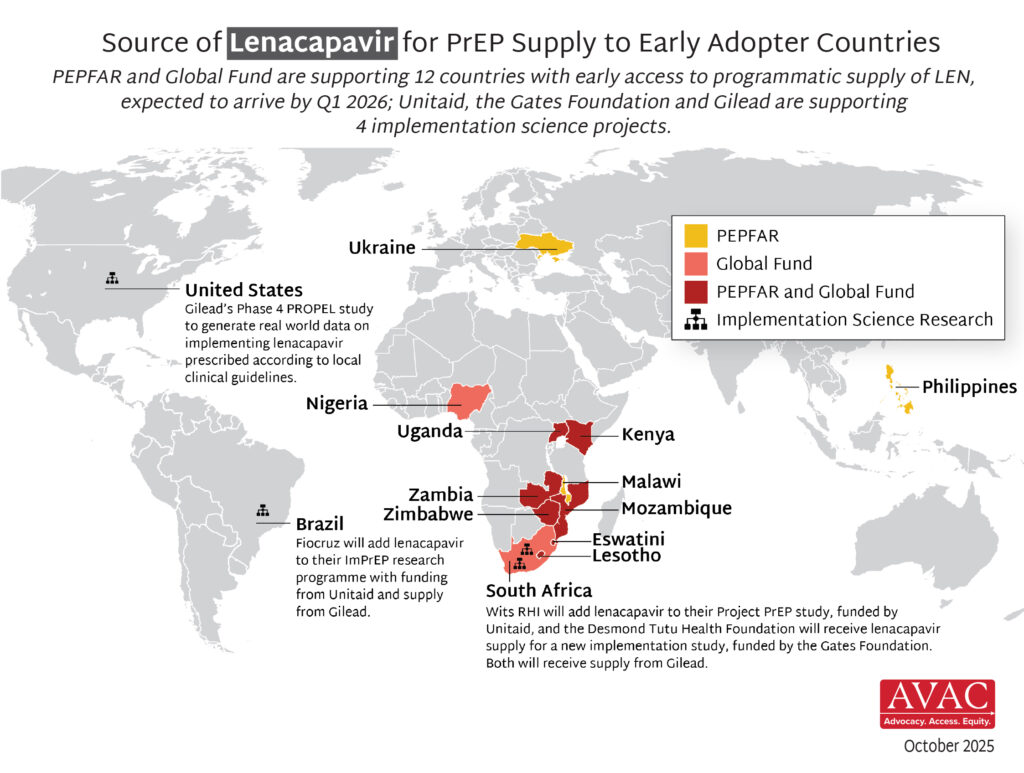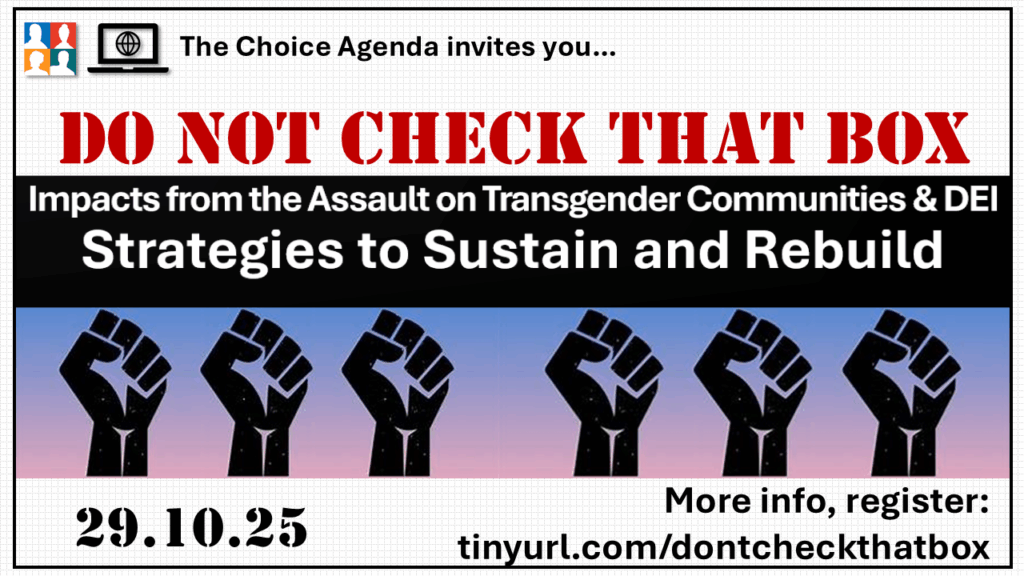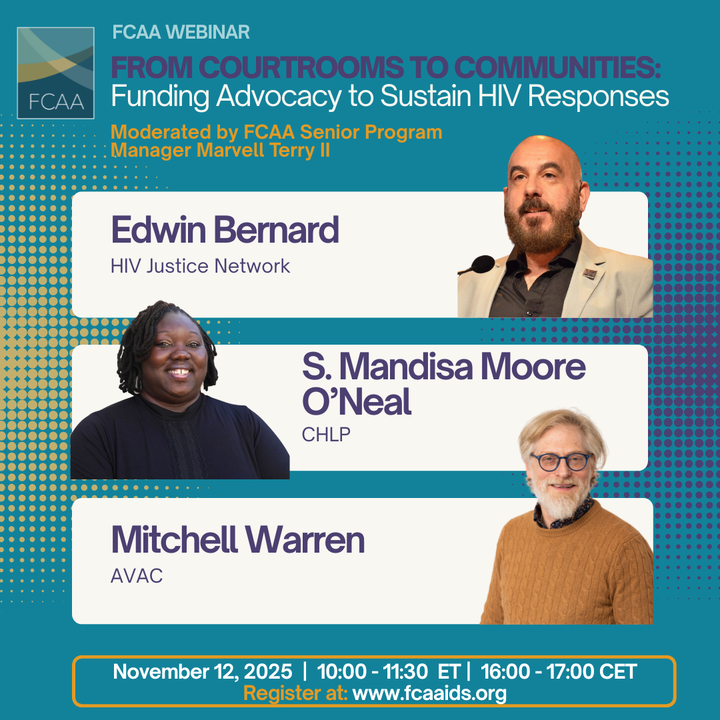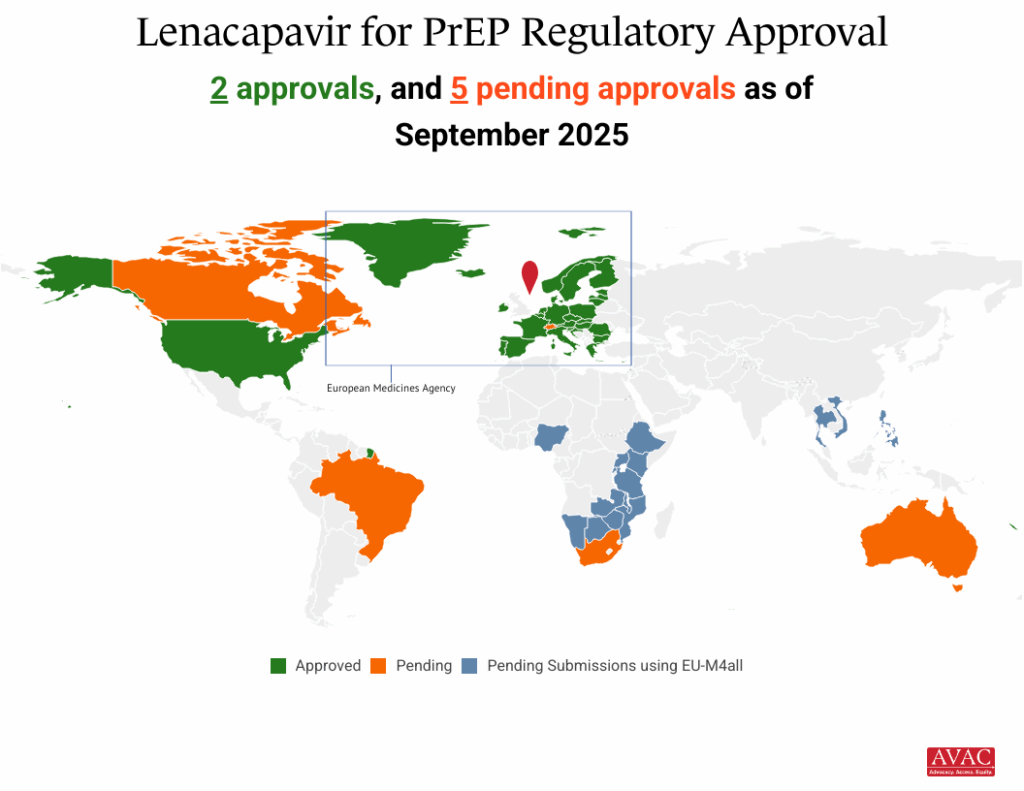By Jessica Salzwedel
Advances over the past ten years toward an HIV cure have moved cure research from a dream to an attainable goal. The field has learned more about the power of the innate immune system through individuals who have controlled their virus, either spontaneously or post-treatment, and these insights have spurred innovation and momentum in cure research.
With such advances underway, advocacy from affected communities is essential to guide HIV cure research. When communities help shape the research agenda, it ensures alignment with real-world needs, avoids misunderstandings, and increases the chances of meaningful, lasting impact. AVAC and the International AIDS Society have hosted an Advocacy-for-a-Cure Academy every year since 2017, which helps build the capacity of advocates in low-and-middle income countries to advance the research agenda for an HIV cure in their local context. The Academy focuses on building foundational knowledge—reviewing current approaches, major scientific barriers, and population specific concerns—and building practical skills in research translation.
The 2025 Advocacy-for-a Cure Academy was hosted in October in Lomè, Togo, the first convening in West Africa. It brought together 15 skilled advocates, representing 13 countries in East, West and Southern Africa, including former AVAC Fellows Ulanda Matamba (Malawi), Paul Sixpence (Zimbabwe), and Samuel Gorgio (Kenya). Faculty for the academy included, AVAC’s Senior Program Manager Jessica Salzwedel and IAS’s Riccardo Maddalozza, who oversee the Academy program, as well as Gabriella Chromhout of the University of Kwa-Zulu-Natal, Paul-Alain Taagnouokam of CREMER, past AVAC Fellow Charles Brown of Prevention Care International, and Katherine Bar of University of Pennsylvania.
“The experience was both inspiring and enriching,” said Kenya’s Joyce Adhiambo of Partners in Health and Development in Africa.
Academy participants developed communication and advocacy plans to disseminate the latest research news on cure strategies within their local context. Participants drew from in-depth dialogue with faculty and fellow advocates to explore what is needed for cure to be conducted within their communities.
“We emerge not only informed but equipped to bring HIV cure advocacy to the communities we serve and to shape research agendas grounded in our local realities,” said Cameroon’s Laurel Kevine of the Research Center on Emerging and Reemerging Diseases.
“This experience was eye-opening. I went in thinking a cure meant total eradication, but I left understanding that remission is also part of the story. I’m excited to turn this new knowledge into action in my communities,” said Burundi’s Ravel Gatoto, of Réseau National des Jeunes Vivant avec le VIH.
The Advocacy-for-Cure Academy will award one participant with an alumni grant to execute their plan over the course of 12 months. The 2026 Academy will be an alumni academy designed to deepen the knowledge of alumni over the past eight years of the program.
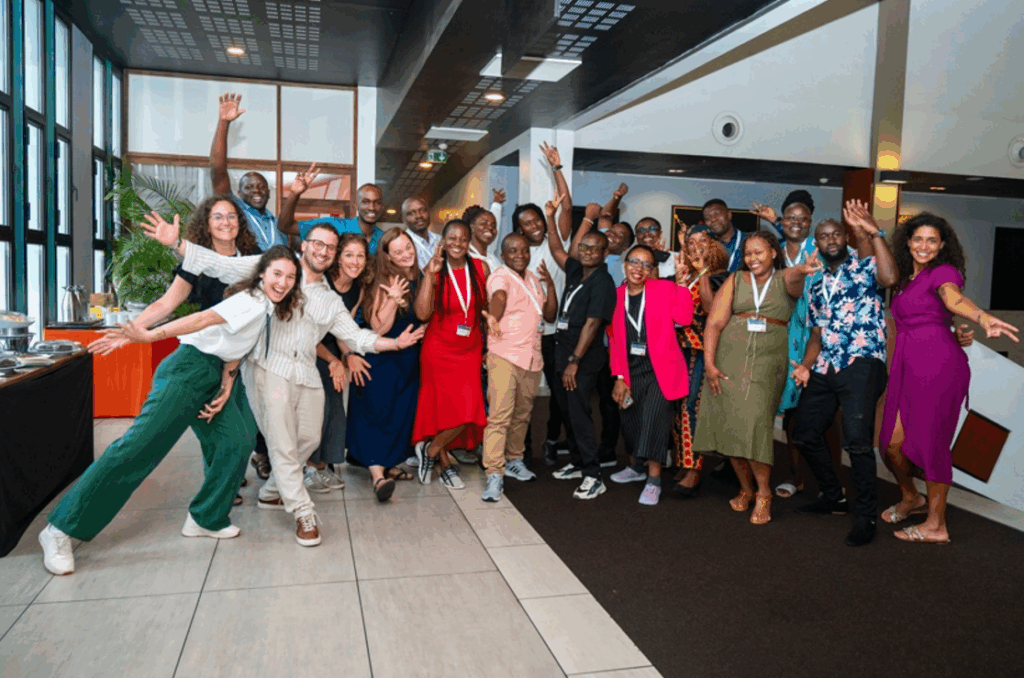
The Advocacy-For-A-Cure Academy represents sustained programming to support cure advocacy. This is essential investment in a key component of successful research—informed and supported advocates who are empowered and integrated into the process. As much as the broader HIV response recognizes how important this work is, cure research will be on track to maximize its potential. That means, on the day cure strategies show efficacy and become a reality, communities that need it most will be working hand in glove with other global health leaders to ensure not one more day is lost in speeding access to the end of AIDS.
